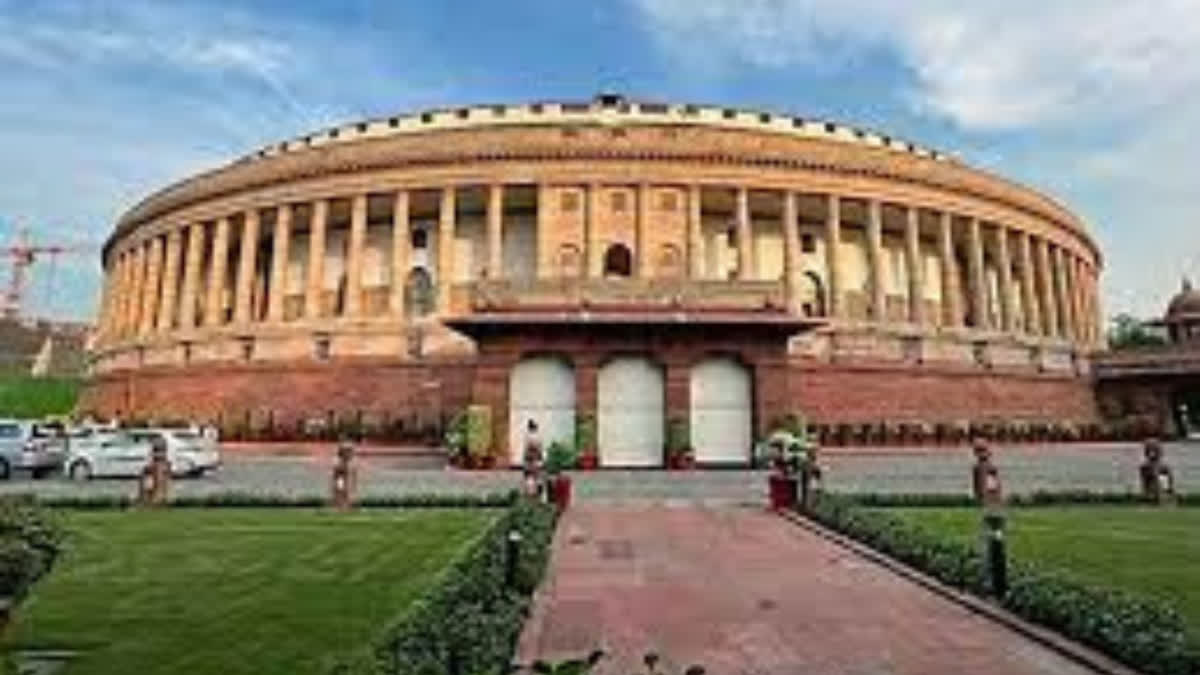New Delhi :Union home minister Amit Shah, in the Lok Sabha, said that the offence of sedition has been completed repealed, however an analysis of the proposed Bharatiya Nyaya Sanhita (BNS) Bill, 2023, suggests that sedition has been retained under the proposed law with a new nomenclature – more specific than the old sedition law and targets a call for armed rebellion and separatist activities.
Under BNS, offence of sedition has been given a more extensive definition of what will constitute “acts endangering sovereignty, unity and integrity of India”. The old Section 124A of IPC had the words “disaffection towards the Government established by law in India”.
The new provision has been inducted as Section 150 of the bill. In comparison with old Section 124A of the IPC (sedition law), the new provision extensively defines acts endangering sovereignty, unity, and integrity of India.
The proposed Section 150 criminalises any act that “excites or attempts to excite, secession or armed rebellion or subversive activities”, rather than incitement to disruption of public order a condition precedent to invoke the charges. The proposed Section 150 widens the room for the government for interpretation by neither including the incitement test to violence nor connecting the act to public order. Also, the proposed section targets separatism, secession, and subversive activities without using hatred for the government of India.
Also Read : BNS Bill allows using draconian police powers for political ends: Kapil Sibal
The proposed Section 150 reads, “Whoever, purposely or knowingly, by words, either spoken or written, or by signs, or by visible representation, or by electronic communication or by use of financial mean, or otherwise, excites or attempts to excite, secession or armed rebellion or subversive activities, or encourages feelings of separatist activities or endangers sovereignty or unity and integrity of India; or indulges in or commits any such act shall be punished with imprisonment for life or with imprisonment which may extend to seven years and shall also be liable to fine”.
This new section penalises an individual who indulges in or commits any act, which widens the discretion of the law enforcement agencies, for the purpose of charging a person under the offence, in interpreting activities endangering sovereignty or unity and integrity of India.
Section 124A of IPC (sedition law) reads as: “Whoever by words, either spoken or written, or by signs, or by visible representation, or otherwise, brings or attempts to bring into hatred or contempt, or excites or attempts to excite disaffection towards, the Government established by law in India, shall be punished with imprisonment for life, to which fine may be added, or with imprisonment which may extend to three years, to which fine may be added, or with fine.”
The new proposed bill has removed hatred or contempt from its definition but specifically targets secessionism, separatism, and armed rebellion. Also, the new Section 150 has included “electronic communication” and “use of financial means” as tools of an act endangering sovereignty, unity and integrity of India.
The old provision allowed a person convicted under sedition to get away only with a fine, however the new proposed Section 150 says act “shall be punished with imprisonment for life or with imprisonment which may extend to seven years and shall also be liable to fine”. In June this year, the Law Commission of India had made a recommendation -- enhancing jail term to seven years from the present three under the IPC.
Also, the Supreme Court is seized of a clutch of petitions challenging the validity of Section 124A in the IPC. The old sedition law is currently on hold due to a continuing interim order of the top court passed on May 11, last year. The apex court had then asked the Centre and states to desist from arresting people or prosecuting them until the Centre reviews the sedition law.
